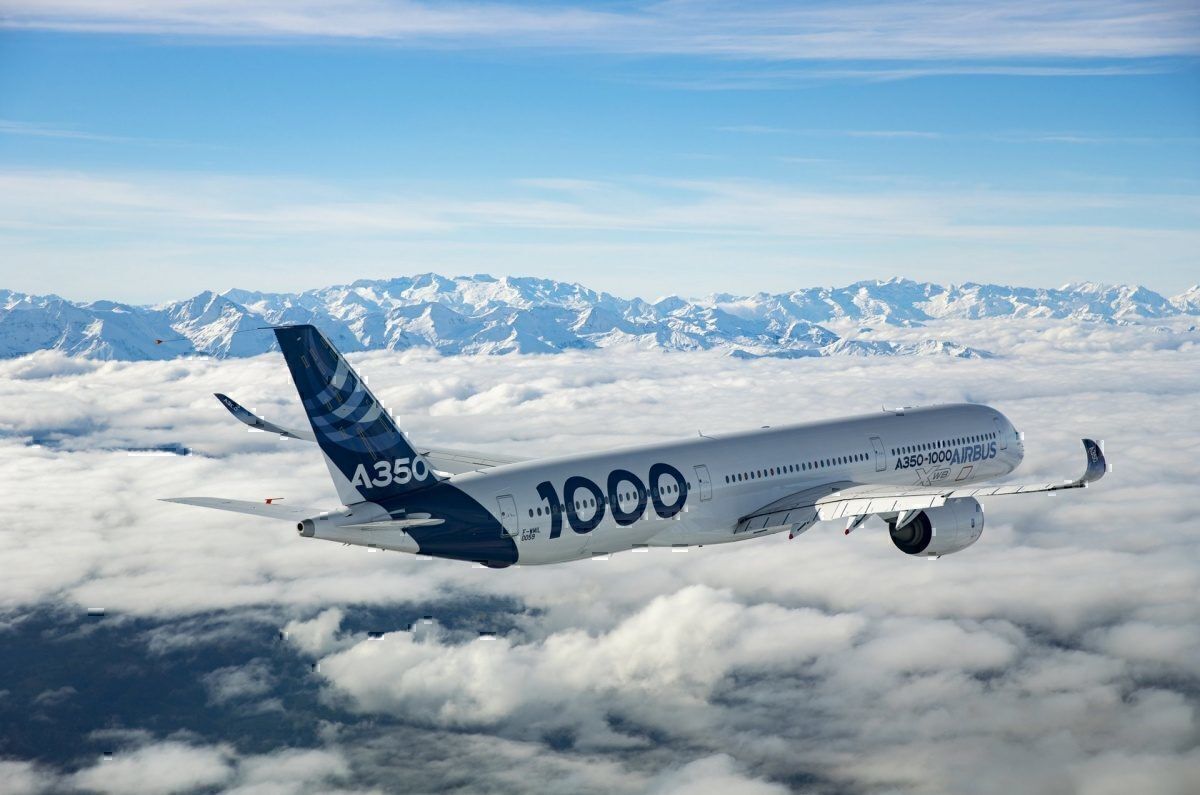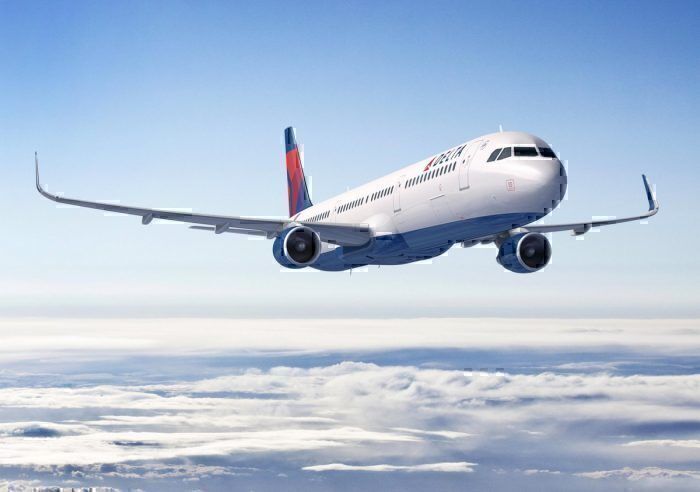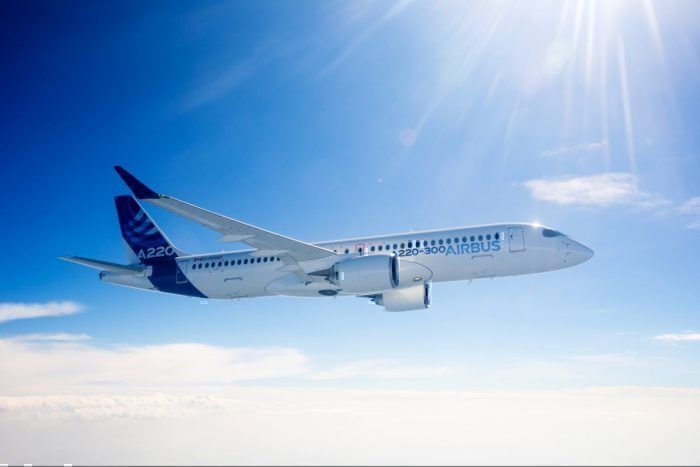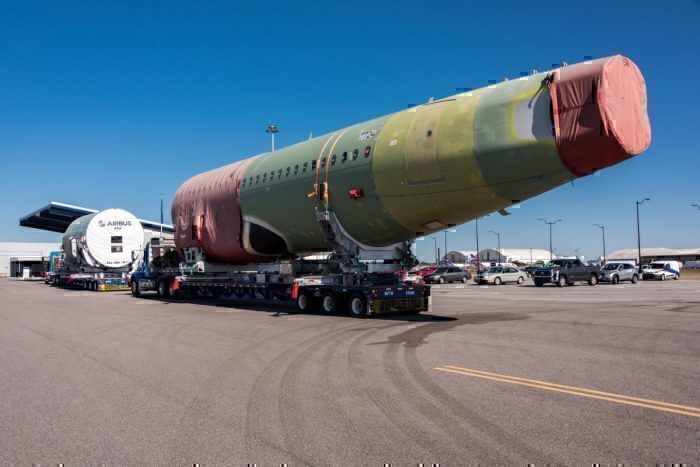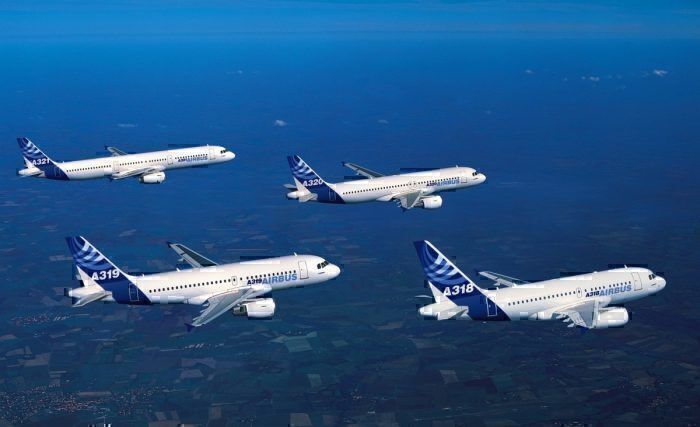The World Trade Organization (WTO) has come to a conclusion over alleged illegal government aid given to Airbus. Ruling in favor of the Trump administration, the WTO has given the green light to the imposition of tariffs on European exports to the value of $7.5bn each year. Airbus themselves will find exported products levied by 10%, although the production facility in Alabama has been spared.
In the largest award in WTO history, the US has been given the go-ahead to impose tariffs on $7.5bn worth of EU exported goods each year. Not only is this the largest award, it’s also the longest-running dispute the WTO has had to handle. The dispute has come about through Airbus being accused of receiving illegal subsidies from Europe, while a similar dispute is also accusing Boeing of getting US government handouts.
The next stage in the process will be for the US to decide which exports to tax. They will choose from a list that includes wines and spirits, leather goods, cheese and, of course, Airbus planes and parts.
How will Airbus be affected?
The proposed levy on Airbus planes and parts has been set at 10%. While that doesn’t sound a lot, when you’re talking about an aircraft worth hundreds of millions of dollars, it’s significant. A high proportion of Airbus’ backlog is destined for the US, 876 aircraft at the latest count. 10% extra on the cost of these planes could cause carriers to have second thoughts, maybe postponing or canceling orders altogether.
US carrier Delta has spoken out about its concerns, telling Fox Business that, even if it could get out of its contractual obligations with Airbus, Boeing does not have the capacity to supply the aircraft it needs within a reasonable timeframe. A spokesperson said,
"Aircraft are significant purchases requiring long-lead times for production — often years in advance. Imposing tariffs on aircraft that U.S. companies have already committed to will inflict serious harm on U.S. airlines, the millions of Americans they employ and the traveling public."
Alabama spared
One part of the Airbus operations will not be impacted by the US tariff changes. That’s the Airbus manufacturing facility in Mobile, Alabama, a plant which completes final assembly of the A320 family of aircraft and, more recently, the A220 also.
Airbus will be able to send parts of the aircraft, such as fuselage sections and wings, from their European facilities over to Alabama for final assembly without being hit by the levies. This exemption promises a bit of a workaround for Airbus, something which the Trump administration has clearly put into place for the benefit of its homegrown airlines.
US airlines have in the region of 900 outstanding orders from Airbus. The supply chain for Airbus planes in the US supports some 275,000 employees across 40 states, accounting to Bloomberg. Directly, the European planemaker employs 4,000 US citizens.
Should the levies cause airlines to reconsider these orders, the impact on the US workforce would not go unnoticed. By allowing the US operations to continue unhindered, Trump is effectively protecting both his workforce and his airlines, but is it enough?
The Mobile facility is small, and only produces a handful of aircraft a month. Moreover, it only produces narrowbody aircraft, so that leaves almost 90 A330 and A350 widebodies still liable to the 10% tax. While 10% on some French wine probably won’t put someone off, 10% on a $350m aircraft is a sizeable addition to have to pay.
A tit for tat response?
As is usually the case, this type of move by the US is unlikely to be taken by the EU without retaliation. Bloomberg reports that the EU has already published a preliminary list of items it plans to target in retaliatory levies. The list includes things like video games consoles, ketchup and much more.
It’s unlikely that any action will be taken immediately, with analysts pointing to the middle of next year before we see the levies imposed. All in all, it’s looking like around $12bn worth of levies, with some undoubtedly imposed upon Boeing’s exports too.
When they do hit, will Boeing be in as precarious a position as Airbus? Not quite. Boeing’s EU28 orders number around 50% less than Airbus’ US orders, pegged at around 589 aircraft to Airbus’ 876.
While Boeing’s exposure will be less acute than Airbus’, the effect, if levies are imposed, with certainly be felt. Boeing issued a statement which was carried by the Guardian, in which it said,
“Unfortunately, Airbus’s non-compliance will negatively impact European member states, industries, and businesses completely unrelated to Airbus’s actions, as well as Airbus’s airline customers. Yet even today, Airbus could still completely avoid these tariffs by coming into full compliance with its obligations. We hope it will finally do that.”
Airbus’ chief executive Guillaume Faury responded to this, saying,
“Airbus will continue working with its US partners, customers and suppliers, to address all potential consequences of such tariffs that would be a barrier against free trade and would have a negative impact on not only the US airlines but also US jobs, suppliers, and air travellers.
“Airbus is therefore hopeful that the US and the EU will agree to find a negotiated solution before creating serious damage to the aviation industry as well as to trade relations and the global economy.”

